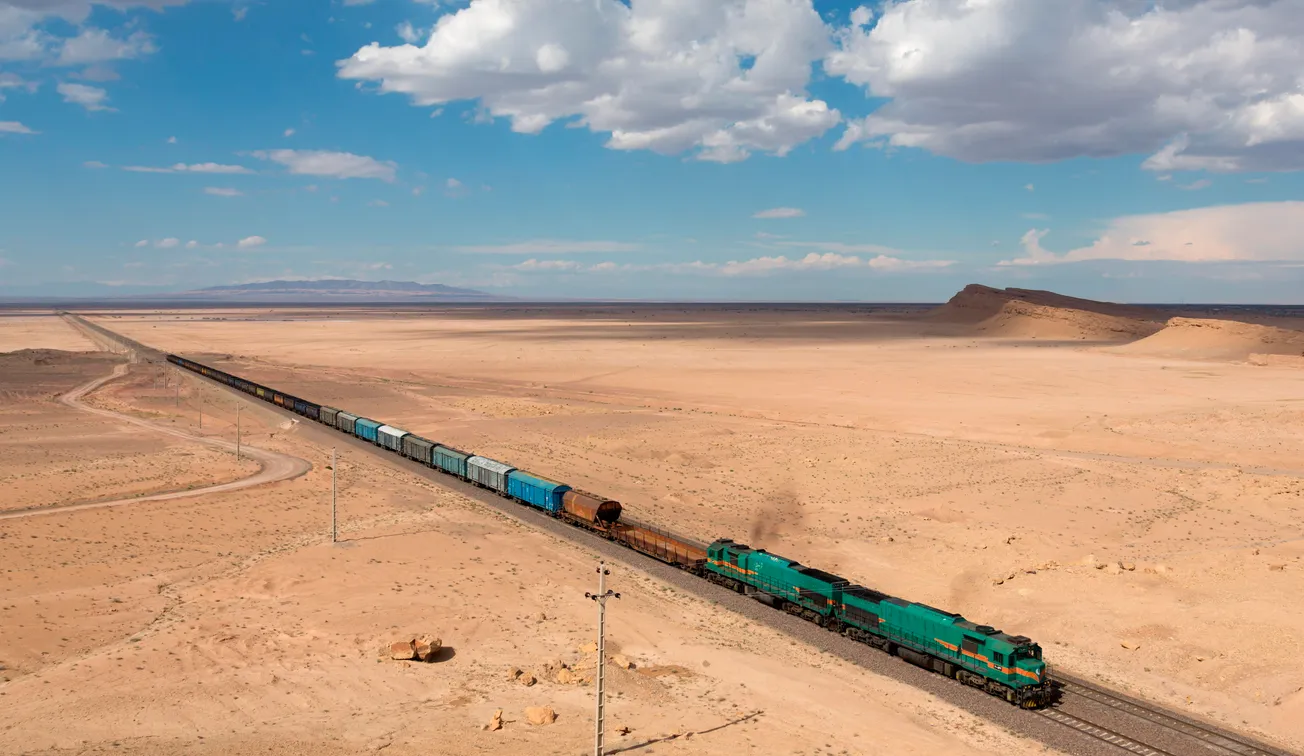International elements are again looking at Nigeria — Africa’s most populous country, with one of the most advanced and ambitious Chinese-built standard gauge (SGR) rail networks and also the leading member of the vital Transaqua project to replenish Lake Chad — as a destabilization target. This week, led by a signal hit piece in London’s Financial Times, additional operatives have come forward, foreseeing increasing terrorist activity leading to a potential breakdown of centralized control — leading to a disintegration of the entire nation-state.
The country was already on edge this Christmas week, in the wake of a Dec. 17 mass “kidnapping” by suspected Boko Haram jihadists of 344 high school boys from the private Government Science Secondary School in the northern town of Katsina, an area into which jihadist violence is rapidly spreading. Clearly designed as an echo of the 2014 abduction of schoolgirls which shook the country for months in 2014, in this case, the students were released within days — with the government insisting that no ransom was paid — almost as if this were done purely for shock effect (or possibly a dry run for something in the future).
A week after that incident, on Tuesday, Dec. 22, the Financial Times ran an editorial stating (not questioning), “Nigeria at Risk of Becoming a Failed State,” which, citing the kidnapping as evidence, claimed that “The definition of a failed state is one where the government is no longer in control. By this yardstick, Africa’s most populous country is teetering on the brink.” After questioning Nigeria’s denial of ransom payment, and oozing about the “potency” of extortion as a symbol of power, the Malthusians revealed themselves when they noted that at the root of Nigeria’s problems is that, “The population, already above 200 million, is growing at a breakneck 3.2% a year.” Nigeria needs a “generational shift,” they intoned, and ultimately “a new, slimmed-down state,” which must “concentrate on the basics,” by which they mean: Drop any idea of Big Projects!
The next day, John Campbell, a former U.S. ambassador and now at the Council on Foreign Relations (CFR), penned a blog post on their website titled, “Darkness in Northern Nigeria.” Campbell claimed, in what amounts to dog whistles for the color revolution crowd, that national security forces, despondent from their failed efforts to quell the rising jihadist insurgence (coming from the north) over the years, would soon turn inward to repression. In his post, Campbell — who also just released a book on this topic— additionally lists 20 incidents of jihadist terror — that, just within the last two weeks.




